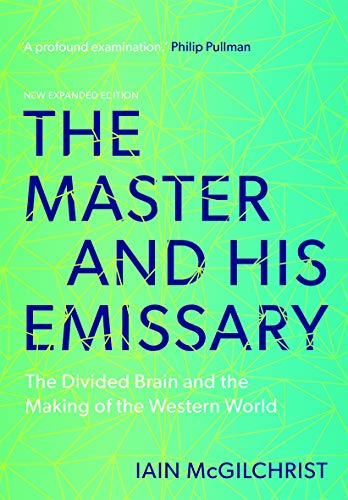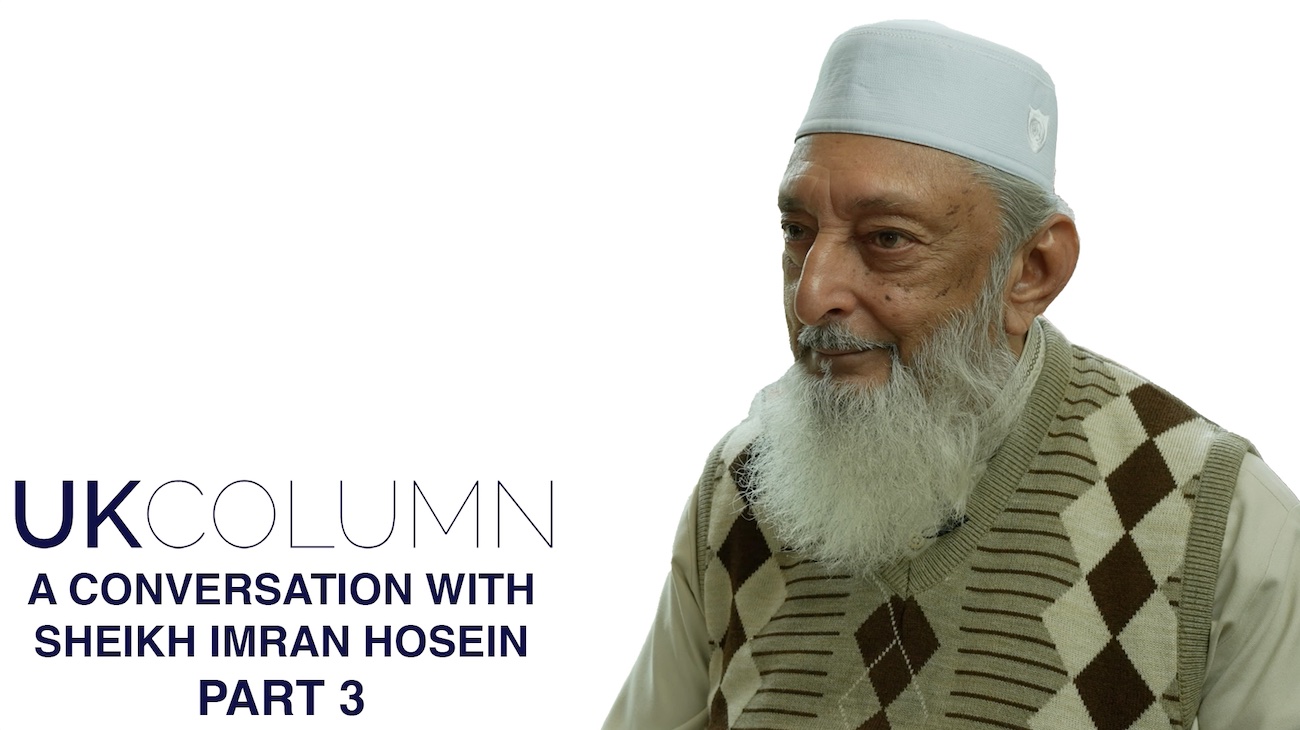“In this book certainty has certainly not been my aim. I am not so much worried by the aspects that remain unclear, as by those which appear to be clarified, since that almost certainly means a failure to see clearly. I share Wittgenstein’s mistrust of deceptively clear models: and, as Waismann said, ‘any psychological explanation is ambiguous, cryptic and open-ended, for we ourselves are many-layered, contradictory and incomplete beings, and this complicated structure, which fades away into indeterminacy, is passed on to all our actions.’ 105
I am also sympathetic to those who think that sounds like a cop-out. But I do think that things as they exist in practice in the real world, rather than as they exist in theory in our re presentations, are likely to be intrinsically resistant to precision and clarification. That is not our failure, but an indication of the nature of what we are dealing with. That does not mean we should give up the attempt. It is the striving that enables us to achieve a better understanding, but only as long as it is imbued with a tactful recognition of the limits to human understanding. The rest is hubris. 106
If it could eventually be shown definitively that the two major ways, not just of thinking, but of being in the world, are not related to the two cerebral hemispheres, I would be surprised, but not unhappy. Ultimately what I have tried to point to is that the apparently separate ‘functions’ in each hemisphere fit together intelligently to form in each case a single coherent entity; that there are, not just currents here and there in the history of ideas, but consistent ways of being that persist across the history of the Western world, that are fundamentally opposed, though complementary, in what they reveal to us; and that the hemispheres of the brain can be seen as, at the very least, a metaphor for these. One consequence of such a model, I admit, is that we might have to revise the superior assumption that we understand the world better than our ancestors, and adopt a more realistic view that we just see it differently–and may indeed be seeing less than they did. The divided nature of our reality has been a consistent observation since humanity has been sufficiently self-conscious to reflect on it. 107
That most classical representative of the modern self-conscious spirit, Goethe’s Faust, famously declared that ‘two souls, alas! dwell in my breast’ (‘ Zwei Seelen wohnen, ach! in meiner Brust’). 108
Schopenhauer described two completely distinct forms of experience (‘ zwei völlig heterogene Weisen gegebene Erkenntniß’); 109
Bergson referred to two different orders of reality (‘ deux réalités d’ordre différent’). 110
Scheler described the human being as a citizen of two worlds (‘ Bürger zweier Welten’) and said that all great European philosophers, like Kant, who used the same formulation, had seen as much. 111
What all these point to is the fundamentally divided nature of mental experience. When one puts that together with the fact that the brain is divided into two relatively independent chunks which just happen broadly to mirror the very dichotomies that are being pointed to–alienation versus engagement, abstraction versus incarnation, the categorical versus the unique, the general versus the particular, the part versus the whole, and so on–it seems like a metaphor that might have some literal truth. But if it turns out to be ‘just’ a metaphor, I will be content. I have a high regard for metaphor. It is how we come to understand the world.”
— The Master and His Emissary: The Divided Brain and the Making of the Western World by Iain McGilchrist

 a.co
a.co
I am also sympathetic to those who think that sounds like a cop-out. But I do think that things as they exist in practice in the real world, rather than as they exist in theory in our re presentations, are likely to be intrinsically resistant to precision and clarification. That is not our failure, but an indication of the nature of what we are dealing with. That does not mean we should give up the attempt. It is the striving that enables us to achieve a better understanding, but only as long as it is imbued with a tactful recognition of the limits to human understanding. The rest is hubris. 106
If it could eventually be shown definitively that the two major ways, not just of thinking, but of being in the world, are not related to the two cerebral hemispheres, I would be surprised, but not unhappy. Ultimately what I have tried to point to is that the apparently separate ‘functions’ in each hemisphere fit together intelligently to form in each case a single coherent entity; that there are, not just currents here and there in the history of ideas, but consistent ways of being that persist across the history of the Western world, that are fundamentally opposed, though complementary, in what they reveal to us; and that the hemispheres of the brain can be seen as, at the very least, a metaphor for these. One consequence of such a model, I admit, is that we might have to revise the superior assumption that we understand the world better than our ancestors, and adopt a more realistic view that we just see it differently–and may indeed be seeing less than they did. The divided nature of our reality has been a consistent observation since humanity has been sufficiently self-conscious to reflect on it. 107
That most classical representative of the modern self-conscious spirit, Goethe’s Faust, famously declared that ‘two souls, alas! dwell in my breast’ (‘ Zwei Seelen wohnen, ach! in meiner Brust’). 108
Schopenhauer described two completely distinct forms of experience (‘ zwei völlig heterogene Weisen gegebene Erkenntniß’); 109
Bergson referred to two different orders of reality (‘ deux réalités d’ordre différent’). 110
Scheler described the human being as a citizen of two worlds (‘ Bürger zweier Welten’) and said that all great European philosophers, like Kant, who used the same formulation, had seen as much. 111
What all these point to is the fundamentally divided nature of mental experience. When one puts that together with the fact that the brain is divided into two relatively independent chunks which just happen broadly to mirror the very dichotomies that are being pointed to–alienation versus engagement, abstraction versus incarnation, the categorical versus the unique, the general versus the particular, the part versus the whole, and so on–it seems like a metaphor that might have some literal truth. But if it turns out to be ‘just’ a metaphor, I will be content. I have a high regard for metaphor. It is how we come to understand the world.”
— The Master and His Emissary: The Divided Brain and the Making of the Western World by Iain McGilchrist

The Master and His Emissary: The Divided Brain and the Making of the Western World
Quote shared via Kindle: "In this book certainty has certainly not been my aim. I am not so much worried by the aspects that remain unclear, as by those which appear to be clarified, since that almost certainly means a failure to see clearly. I share Wittge...




 Just into it, and jumped on to post it. Its a good interview.
Just into it, and jumped on to post it. Its a good interview.